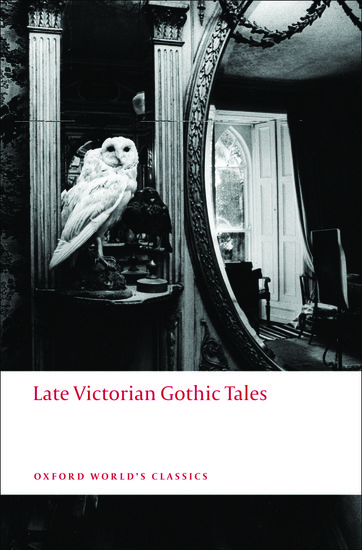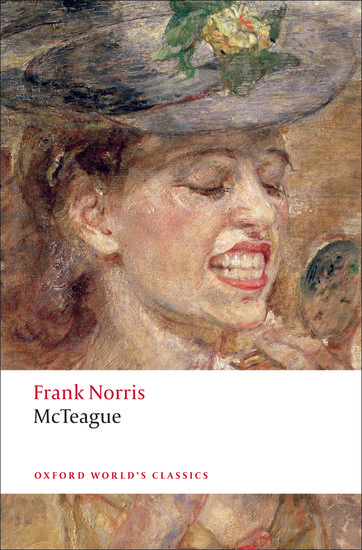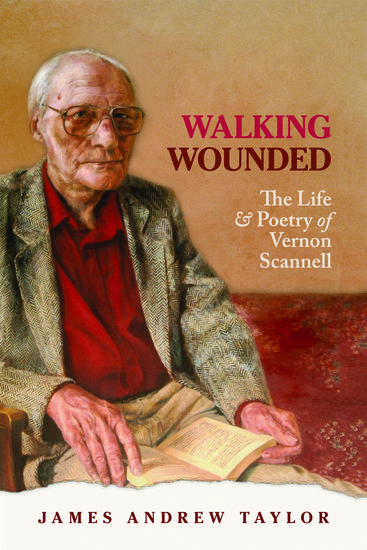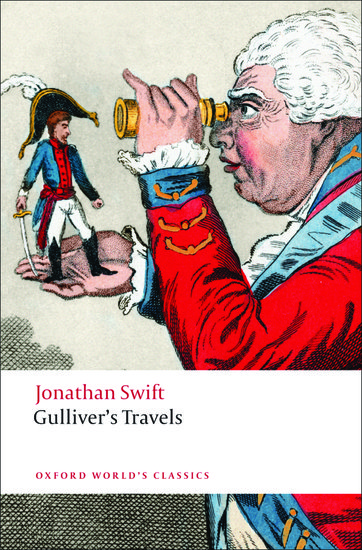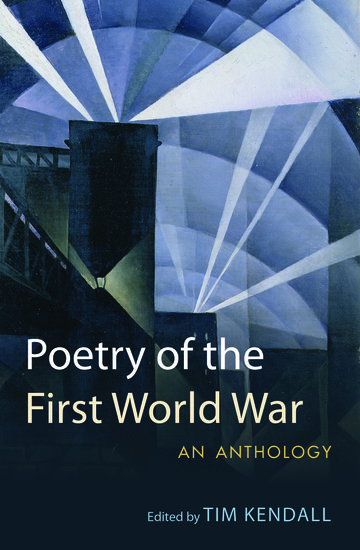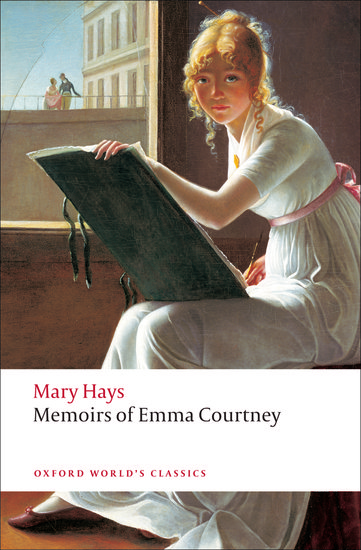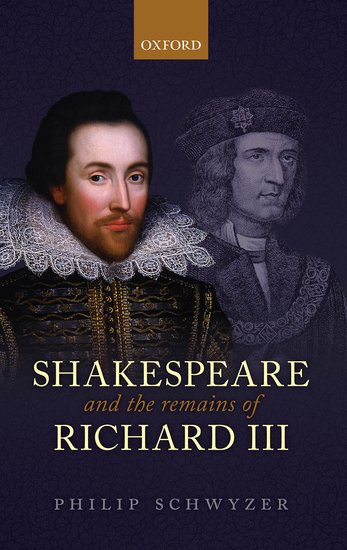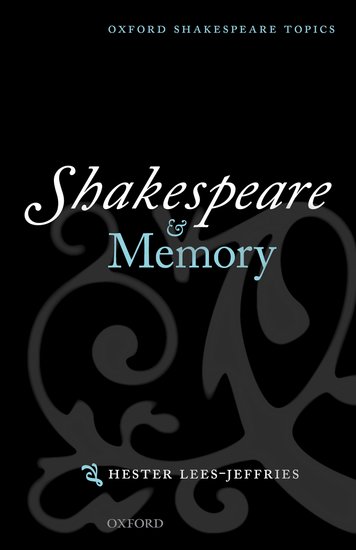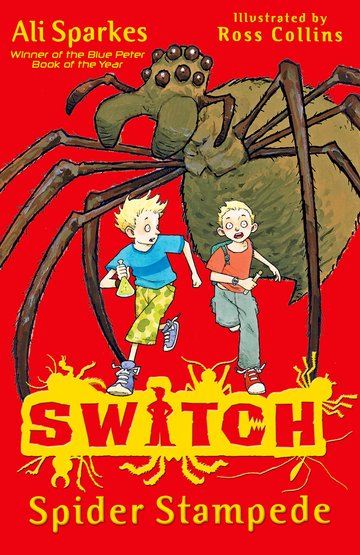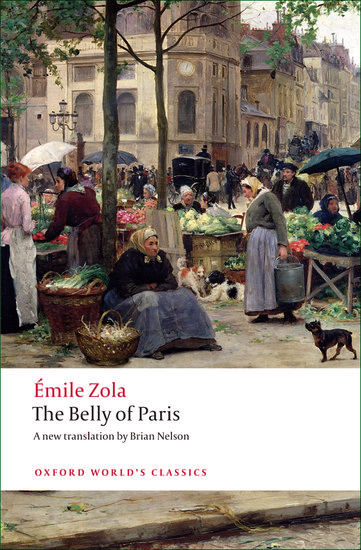A Hallowe’en reading list from Oxford World’s Classics
By Lizzie Shannon-Little
What better way to send shivers down your spine this Halloween than to curl up with a spooky tale? These Classics have been putting the frighteners on people for quite some time, and we’ve got the collywobbles just thinking about them.

